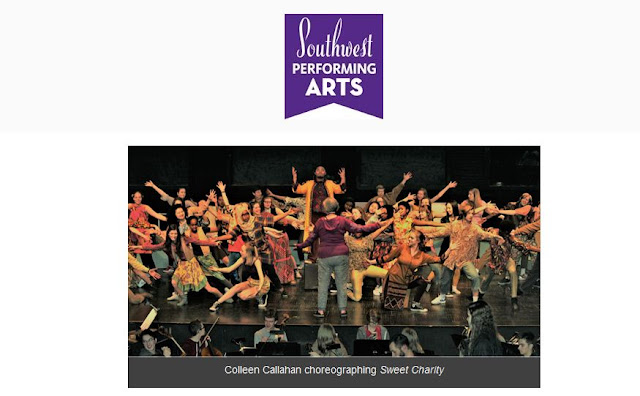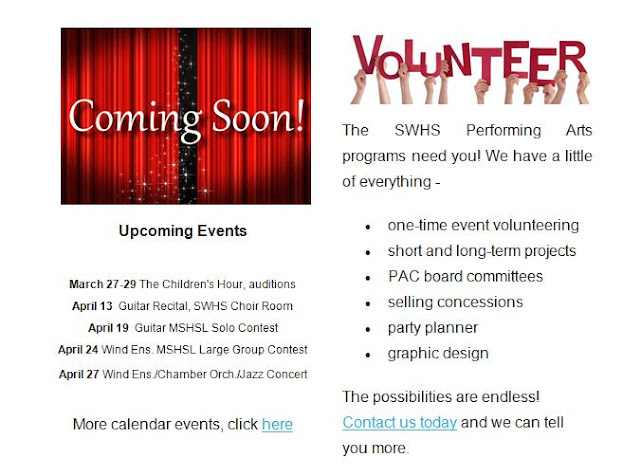Have
We Lost Sight of the Promise of Public Schools?
In the
days leading up to and after Betsy DeVos’s confirmation as secretary of
education, a hashtag spread across Twitter: #publicschoolproud. Parents and
teachers tweeted photos of their kids studying, performing, eating lunch
together. People of all races tweeted about how public schools changed them,
saved them, helped them succeed. The hashtag and storytelling was a rebuttal to
DeVos, who called traditional public schools a “dead end” and who bankrolled
efforts to pass reforms in Michigan, her home state, that would funnel public
funds in the form of vouchers into religious and privately operated schools and
encouraged the proliferation of for-profit charter schools. The tweets railed
against DeVos’s labeling of public schools as an industry that needed to adopt
the free-market principles of competition and choice. #Publicschoolproud was
seen as an effort to show that public schools still mattered.
But the
enthusiastic defense obscured a larger truth: We began moving away from the
“public” in public education a long time ago. In fact, treating public schools
like a business these days is largely a matter of fact in many places. Parents
have pushed for school-choice policies that encourage shopping for public
schools that they hope will give their children an advantage and for the
expansion of charter schools that are run by private organizations with public
funds. Large numbers of public schools have selective admissions policies that
keep most kids out. And parents pay top dollar to buy into neighborhoods zoned
to “good” public schools that can be as exclusive as private ones. The glaring
reality is, whether we are talking about schools or other institutions, it
seems as if we have forgotten what “public” really means.
The
word derives from the Latin word publicus, meaning “of the people.”
This concept — that the government belongs to the people and the government
should provide for the good of the people — was foundational to the world’s
nascent democracies. Where once citizens paid taxes to the monarchy in the hope
that it would serve the public too, in democracies they paid taxes directly for
infrastructure and institutions that benefited society as a whole. The tax
dollars of ancient Athenians and Romans built roads and aqueducts, but they
also provided free meals to widows whose husbands died in war. “Public” stood
not just for how something was financed — with the tax dollars of citizens —
but for a communal ownership of institutions and for a society that privileged
the common good over individual advancement.
Early
on, it was this investment in public institutions that set America apart from
other countries. Public hospitals ensured that even the indigent received good
medical care — health problems for some could turn into epidemics for us all.
Public parks gave access to the great outdoors not just to the wealthy who
could retreat to their country estates but to the masses in the nation’s
cities. Every state invested in public universities. Public schools became
widespread in the 1800s, not to provide an advantage for particular individuals
but with the understanding that shuffling the wealthy and working class
together (though not black Americans and other racial minorities) would create
a common sense of citizenship and national identity, that it would tie together
the fates of the haves and the have-nots and that doing so benefited the
nation. A sense of the public good was a unifying force because it meant that
the rich and the poor, the powerful and the meek, shared the spoils — as well
as the burdens — of this messy democracy.
We began moving away from
the ‘public’ in public education a long time ago.
Achieving
this has never been an easy feat. The tension between individual
striving and the common good, between the beliefs that strong government
protects and provides for its citizens and that big government leads to
tyranny, has always existed in this country. As a result, support for public
institutions and expansive government has ebbed and flowed. When Franklin
Delano Roosevelt, in response to the Great Depression, ushered through the
biggest expansion of federal programs in our nation’s history, he did so
because he thought that government regulation was necessary to empower common
people against corporations and banks but also that government should provide
certain protections for its citizens. Under the New Deal, we got Social
Security and unemployment insurance. Federal housing projects — public housing
— meant quality dwellings for the nation’s working people. Federal works
projects employed millions of out-of-work Americans and brought infrastructure
to communities that had not been able to pay for it on their own.
At the
same time, the New Deal stoked the ire of a small-government, antiregulation
minority, who began to push back, though it would take some decades before
their views became mainstream. They promoted free-market principles,
deregulation and the privatization of functions normally handled by the
government and sought to define all things — like the benefits of education —
strictly in terms of their economic value.
Nonetheless,
Roosevelt’s government expansion was widely supported, and Americans elected
him to an unprecedented four terms as president. But the broad support of
public programs and institutions hinged on a narrow definition of who that
public was: white Americans. To get his New Deal passed, Roosevelt compromised
with white Southerners in Congress, and much of the legislation either
explicitly or implicitly discriminated against black citizens, denying them
many of its benefits.
As the
civil rights movement gained ground in the 1950s and 1960s, however, a series
of court rulings and new laws ensured that black Americans now had the same
legal rights to public schools, libraries, parks and swimming pools as white
Americans. But as black Americans became part of the public, white Americans
began to pull away. Instead of sharing their public pools with black residents
— whose tax dollars had also paid for them — white Americans founded private
clubs (often with public funds) or withdrew behind their fences where they dug
their own pools. Public housing was once seen as a community good that drew
presidents for photo ops. But after federal housing policies helped white
Americans buy their own homes in the suburbs, black Americans, who could not
get government-subsidized mortgages, languished in public housing, which became
stigmatized. Where once public transportation showed a city’s forward progress,
white communities began to fight its expansion, fearing it would give unwanted
people access to their enclaves.
As black Americans became
part of the public, white Americans began to pull away.
And white
Americans began to withdraw from public schools or move away from school
districts with large numbers of black children once the courts started
mandating desegregation. Some communities shuttered public schools altogether
rather than allow black children to share publicly funded schools with white
children. The very voucher movement that is at the heart of DeVos’s educational
ideas was born of white opposition to school desegregation as state and local
governments offered white children vouchers to pay for private schools — known
as segregation academies — that sprouted across the South after the Supreme
Court struck down school segregation in 1954.
“What
had been enjoyed as a public thing by white citizens became a place of forced
encounter with other people from whom they wanted to be separate,” Bonnie
Honig, a professor of political science and modern culture and media at Brown
University and author of the forthcoming book “Public Things: Democracy in
Disrepair,” told me. “The attractiveness of private schools and other forms of
privatization are not just driven by economization but by the desire to control
the community with which you interact.”
Even
when they fail, the guiding values of public institutions, of the
public good, are equality and justice. The guiding value of the free market is
profit. The for-profit charters DeVos helped expand have not provided an
appreciably better education for Detroit’s children, yet they’ve continued to
expand because they are profitable — or as Tom Watkins, Michigan’s former
education superintendent, said, “In a number of cases, people are making a
boatload of money, and the kids aren’t getting educated.”
Democracy
works only if those who have the money or the power to opt out of public things
choose instead to opt in for the common good. It’s called a social contract,
and we’ve seen what happens in cities where the social contract is broken:
White residents vote against tax hikes to fund schools where they don’t send
their children, parks go untended and libraries shutter because affluent people
feel no obligation to help pay for things they don’t need. “The existence of
public things — to meet each other, to fight about, to pay for together, to
enjoy, to complain about — this is absolutely indispensable to democratic
life,” Honig says.
If
there is hope for a renewal of our belief in public institutions and a common
good, it may reside in the public schools. Nine of 10 children attend one, a
rate of participation that few, if any, other public bodies can claim, and
schools, as segregated as many are, remain one of the few institutions where
Americans of different classes and races mix. The vast multiracial,
socioeconomically diverse defense of public schools that DeVos set off may show
that we have not yet given up on the ideals of the public — and on ourselves.
Nikole Hannah-Jones is
a staff writer for the magazine.
from New York Time Magazine - February 26, 2017
https://www.nytimes.com/2017/02/21/magazine/have-we-lost-sight-of-the-promise-of-public-schools.html?rref=collection%2Fsectioncollection%2Fmagazine&action=click&contentCollection=magazine®ion=stream&module=stream_unit&version=latest&contentPlacement=24&pgtype=sectionfront&_r=0























